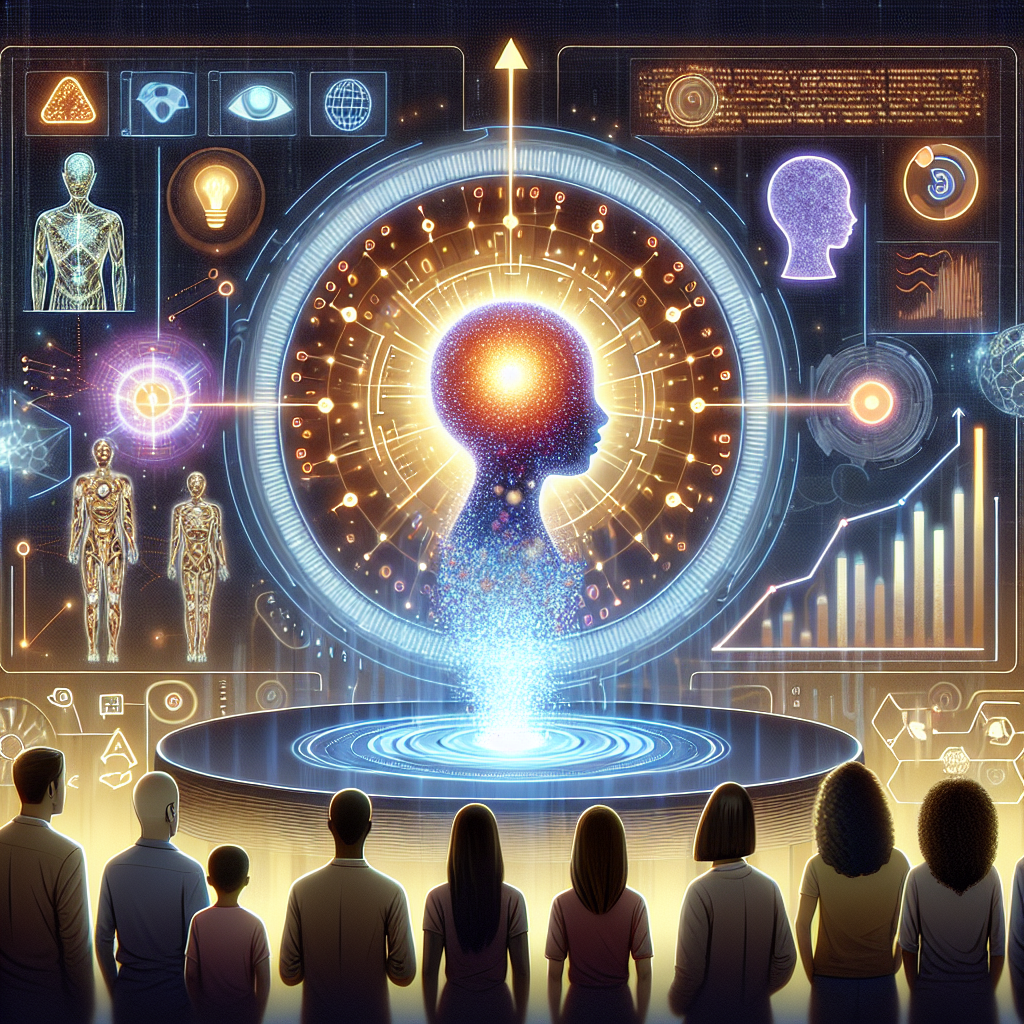Turbulence at the Helm of OpenAI: Implications and Industry Reflections
The technology industry, particularly within the AI sector, has witnessed a significant corporate shakeup with the recent dismissal of OpenAI's CEO, Sam Altman. As one of the preeminent figures in AI advancements, Altman's exit has sent ripples through the community, prompting speculations, concerns, and a broader discussion about the future of artificial intelligence. This article delves into the intricate facets of this development and its potential ramifications for the AI landscape.
The Unforeseen Dismissal
Sam Altman's tenure as CEO of OpenAI was marked by substantial growth and valuation gains, bringing the company's worth to an impressive $90 billion. Despite these achievements, Altman's departure came as a shock. The board of directors cited a lack of candor in his communications, a nebulous rationale that has sparked widespread curiosity and conjecture about the underlying reasons.
The narrative surrounding Altman's dismissal seems to revolve around his purported failure to align with the company's evolving mission and values. In light of the circumstances, it's essential to examine the implications of this high-profile change in leadership and what it signifies for OpenAI and the AI industry at large.
Shifting Dynamics at OpenAI
OpenAI's transition from a non-profit to a capped-profit entity has undoubtedly transformed its operational ethos and objectives. The clash of ideals between the original visionaries and the board's current trajectory seems to be at the heart of the recent upheaval.
Leadership and Governance in AI Organizations
The governance of AI companies requires a delicate balance between innovation, ethics, and corporate strategy. With the board's decision to appoint a temporary CEO, Mira Murati, it raises questions about the stability and direction of OpenAI's leadership. How will this affect their mission of ensuring AGI benefits all of humanity?
The Impact on Innovation and Talent
Resonating through the AI community is the exit of other high-profile figures following Altman's firing. Greg Brockman, co-founder and former chairman of the board, resigned, and three senior researchers have also departed. This exodus of talent underscores the importance of leadership in nurturing innovation and maintaining an organization's competitive edge.
Open Source: The Emerging Challenger
Amidst these corporate dynamics, the open-source AI community is gaining momentum. The rapid progress of open-source projects, as seen with the likes of Mistol and Zypher, challenges the hegemony of proprietary AI models. This shift posits that the future might belong not to monolithic AI systems but to a collaborative constellation of specialized models.
Perspectives on OpenAI's Decision
The decision to fire Altman has elicited a range of opinions. While some insiders suggest that internal value misalignments precipitated the move, others speculate about breakthroughs, scandals, or strategic redirections. At this position, OpenAI's approach to handling this situation is as much under scrutiny as the dismissal itself.
External Speculations and Theories
Theories abound regarding OpenAI's true motives, ranging from achieving AGI internally to involvement in undisclosed indiscretions. While such conjectures are rife, they sometimes distract from the real discussion about the implications of Altman's departure for the AI industry.
What Lies Ahead for OpenAI?
Looking forward, the actions OpenAI takes in the coming year will be telling. The appointment of a new, permanent CEO and the company's strategic moves will illuminate the path the board envisions for OpenAI. With AGI as their declared goal, how they navigate these tumultuous waters will be critical.
AI Beyond OpenAI: The Broader Landscape
While OpenAI confronts its internal challenges, the AI landscape continues to evolve. New developments from Meta AI, with their text-to-video model 'Make-A-Video', or real-time generative art, point to a burgeoning space with or without OpenAI at the forefront.
The Rise of Real-Time AI and User-Centric Models
Innovation in AI is not slowing down. Real-time generative AI art and user-centric models, such as chatbots that learn from interactions, are setting new benchmarks for user engagement and customization. The race is on to develop technologies that are not only powerful but also attuned to the user's unique preferences and needs.
Conclusion: The Uncharted Future of AI Leadership
The industry is at a crossroads, a juncture where leadership, ethos, and innovation intersect. OpenAI's future, the ascent of open-source models, and the continuous march of technological progress, all paint a picture of an industry in flux. As these events unfold, the AI community will closely observe how OpenAI adapts and evolves in response to recent disruptions.
With the technology sector's eyes fixed on OpenAI's next move, the coming year will likely be one of reflection and perhaps reinvention. Will the company's new leadership continue to pioneer AI's frontier, or will it retreat into a more conservative posture? Only time will tell, but the significance of these changes is undeniable, with implications that will echo throughout the tech world.
For further reading on the evolving nature of AI and its corporate governance challenges, readers may find valuable information on the platforms like Georgetown Center for Security and Emerging Technology or AI Open Source Community, which provide insights into the broader AI industry and its ongoing transformation.
Related News
- Turmoil at OpenAI: A Deep Dive into Corporate Upheaval and Future AI Trajectory
- The Shocking Departure of Sam Altman from OpenAI: An In-Depth Look
- OpenAI's Leadership Shakeup: Sam Altman's Departure Signifies a New Chapter
- Epic Silicon Valley Drama: The Turbulent Week at OpenAI
- Navigating the OpenAI Power Struggle: Insights into the Silicon Valley Saga
